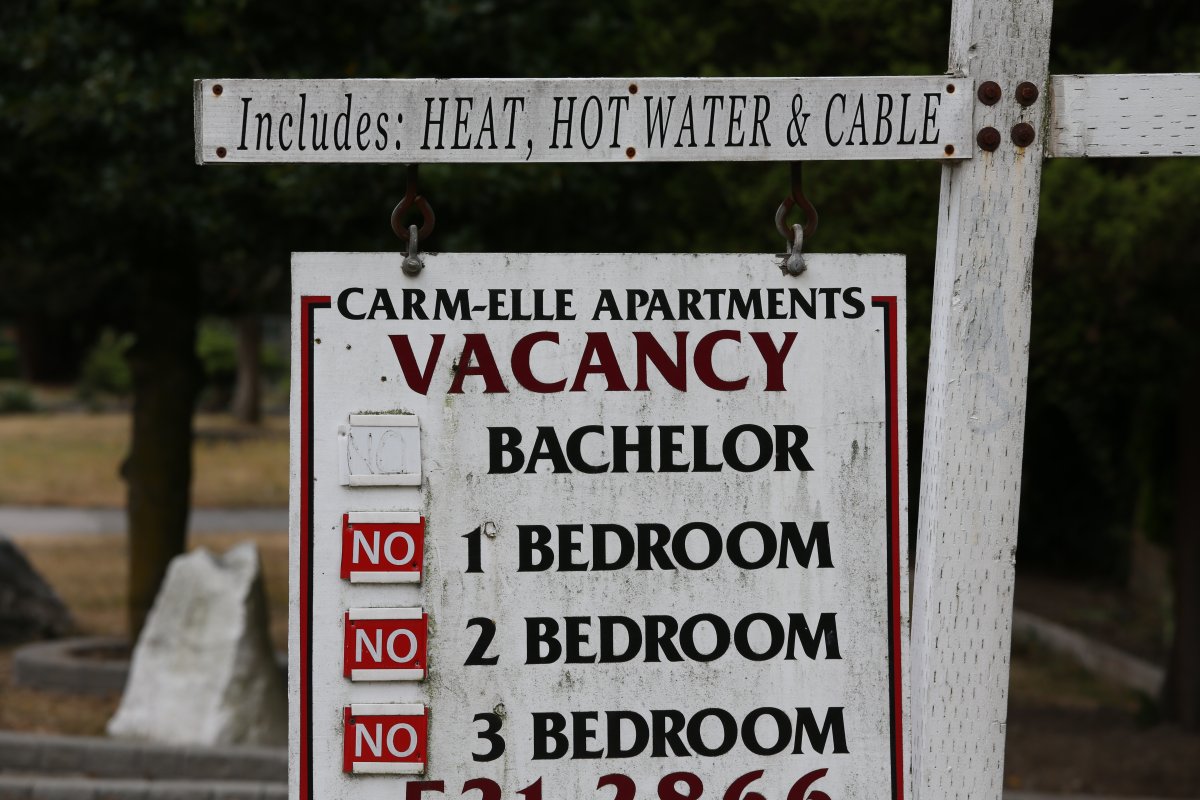A Vancouver-based data analyst says a deeper dive into a new federal rental report shows not all municipalities in the Metro Vancouver area are pulling their weight in addressing the housing crisis.

The Canada Mortgage and Housing Agency released its latest Rental Market Survey report on Thursday, showing a Greater Vancouver vacancy rate of just 0.9 per cent, and average rents at unit turnover topping $2,800.
Critical to that problem is a lack of supply, and data analyst Jens von Bergman with Mountain Math Software and Analytics says while some municipalities have been adding new units, others are lagging far behind.
Leading the pack in the period from October 2021 to October 2022 was the City of Vancouver, which added about 1,300 new purpose-built rental units, followed by the City of North Vancouver with around 600 and district of North Vancouver with just under 500.
The Township of Langley and Richmond, however, both saw a net loss of rental units, while Port Coquitlam and Maple Ridge held flat and Burnaby posted a small net increase, though out of proportion to its population.

Get daily National news
“A loss in the rental market can happen when things get torn down, converted, or when there are deep renovations, in which case they might come back online later, but Richmond hasn’t really added new rental,” he said.
- Big B.C. election promises from both frontrunners mean big spending ahead
- Deal with BC Hydro could spare northern B.C. community millions to fix water quality
- ‘I ain’t stopping for no red light,’ said B.C. hit-and-run driver before deadly crash
- BC NDP say housing speculation tax working, pledge to double it
“Most of that really is lining up the incentives properly. In general, the way this works in most of Metro Vancouver is development really only happens if municipalities allow it specifically. Zoning is such that very few things get built outright, so you need special incentives …. and condo usually outbids rental.”
In a statement, the City of Richmond said the CMHC data paints an incomplete picture — looking only at purpose-built rental, and missing affordable and non-market housing developments.
“For example, there are currently almost 1,200 affordable rental units and another 1,200 purpose built rental units approved by Council or under construction in Richmond that are not reflected in the report,” city spokesperson Clay Adams said in an email.

The Township of Langley did not respond to a request for comment, while Port Coquitlam said the statistics reflect building permit work during the pandemic, and that a new mix of rental housing is in the works.
“Really there’s a bit of a lag this year. We’ve seen a record number of development projects … 75 per cent faster than we were going just five years ago,” Port Coquitlam director of development services Bruce Irvine said.
Burnaby, meanwhile, said it has made major housing policy changes in the last three years expected to bring more than 12,000 units of both market and non-market rental online in the next few years.
The CMHC data also revealed a shortage of three-bedroom rentals for families across the entire region.
That’s making it increasingly difficult for families to find affordable housing as record numbers of newcomers arrive in B.C., according to the Immigrant Services Society of B.C.
“It is delaying their settlement process if they don’t have a permanent address. It means that we’re having to put them into temporary short-term transitional for longer periods of time,” chief operating officer Chris Friesen explained.

Housing Minister Ravi Kahlon said B.C. added 14,000 purpose-built rental units last year, but that there was a need for municipalities to find a way to speed up permitting.
“Many of those mayors I’ve actually had a chance to talk to and they have actually understood that they need to have a really wide mix of type of housing available in their communities and are actually all looking at strategies to do that,” he said.
“Every community has a responsibility, doesn’t matter if you’re Vancouver or if you’re Anmore.”
UBC economist Tom Davidoff said if the province believes that, it needs to enforce it — potentially with a list of jurisdictions that aren’t building enough rentals or adding enough density, especially in wealthy communities with mostly single-family homes.
“I think the province needs to tell those municipalities you got to get with the program you have to add more multi family housing or else we are taking your land use planning over,” he said.









Comments